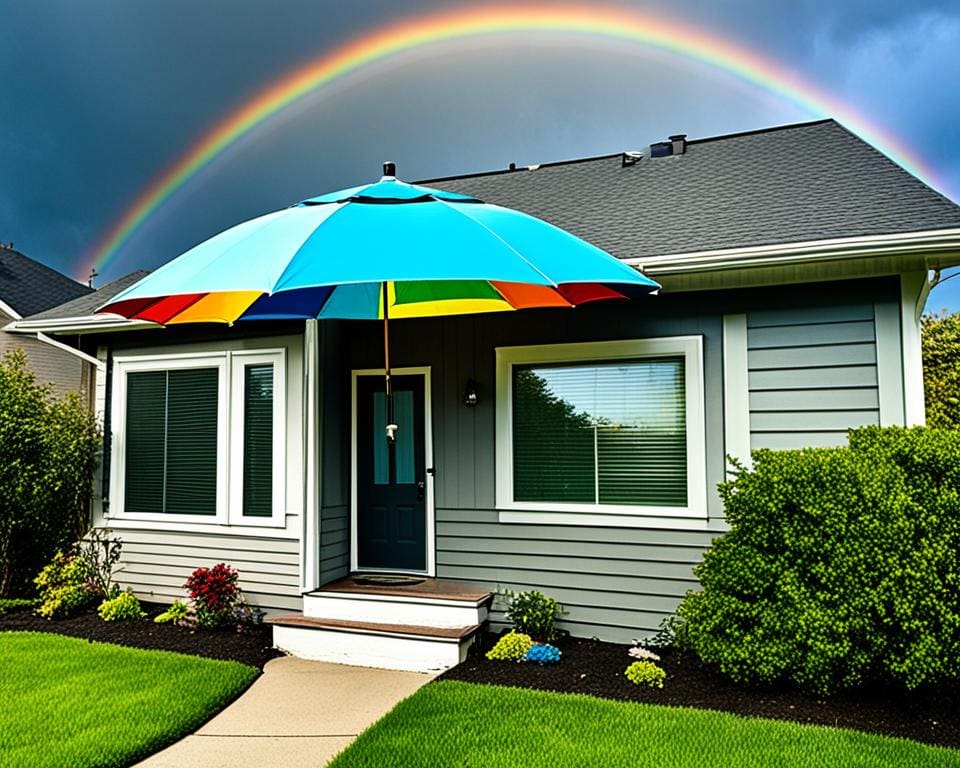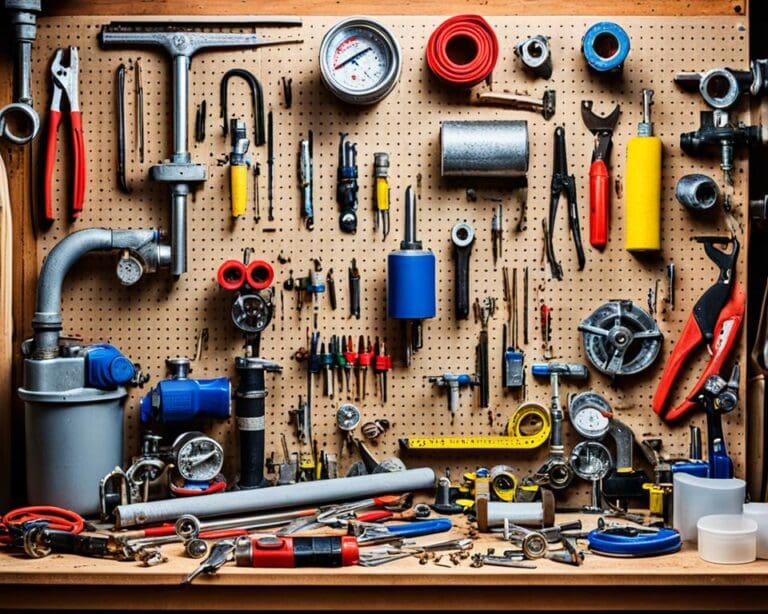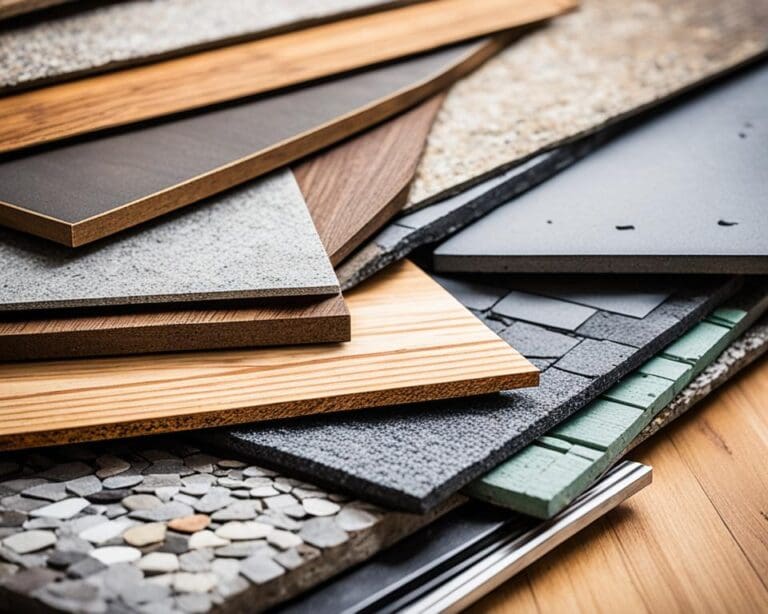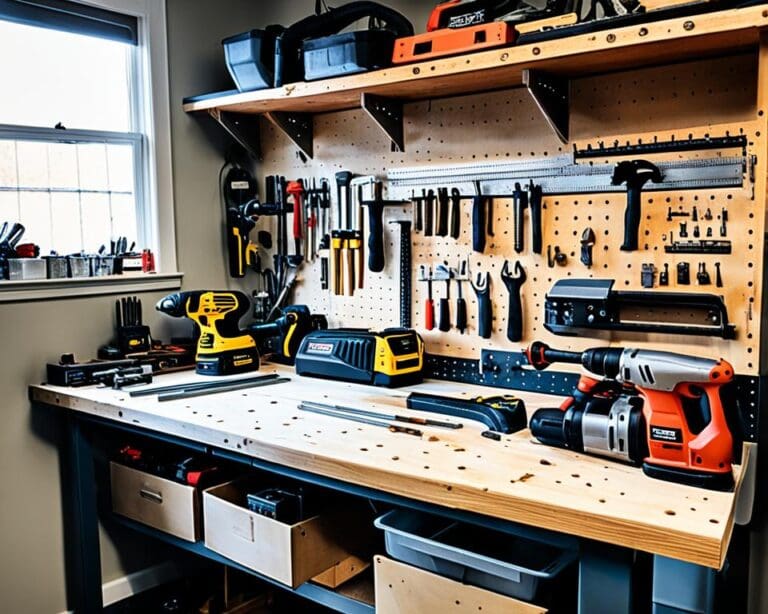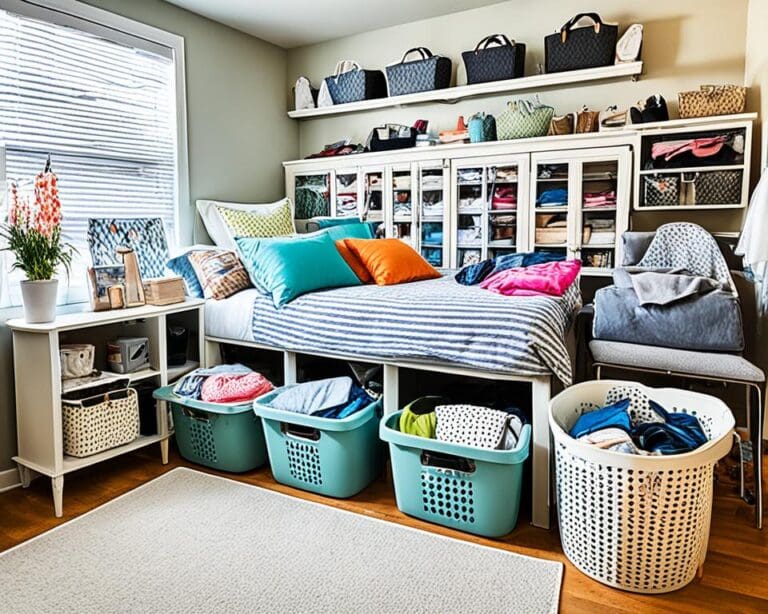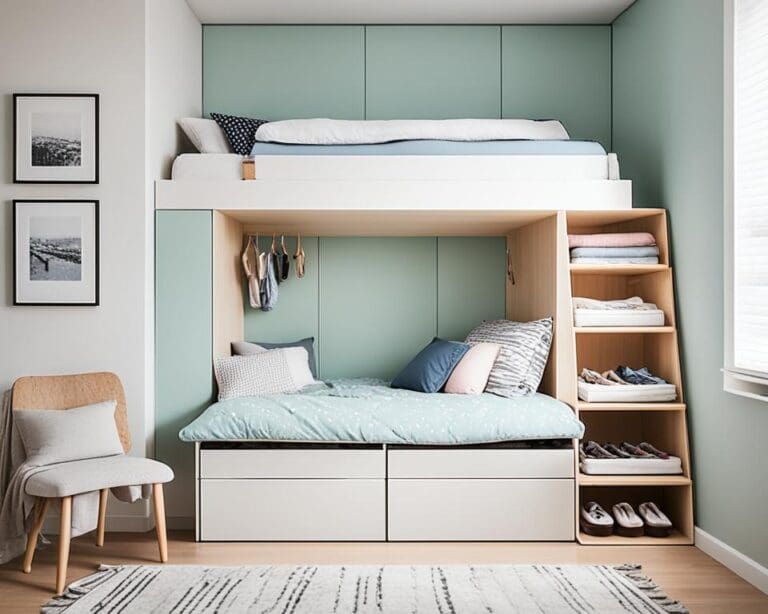Homeowners insurance is a key safety net for your home and stuff. In today’s world, knowing about home insurance is vital. With building costs going up and more risks, you need good home insurance advice. This piece gives important tips for better coverage, keeping your property safe.
Did you know that 20% of flood claims happen outside flood zones? This shows that all homeowners need to watch out. Also, if you live in places like Texas, normal insurance often doesn’t cover wind or hail damage. For those in such areas, getting special coverage, like what the Texas Windstorm Insurance Association offers, is key.
This guide will show you how to figure out what coverage you need. By making smart choices, you can avoid common mistakes. Plus, you could save money with certain discounts—for example, by using security systems or not making claims.
Understanding the Basics of Homeowners Insurance
Learning about homeowners insurance is key to keeping your home safe. This insurance helps cover losses from risks that could harm your home’s value. It mainly covers your home structure, stuff inside, and protects you in case someone gets hurt on your property. Knowing the basics can help you choose the best coverage for you.
What Does Homeowners Insurance Cover?
Homeowners insurance typically has coverage for:
- Structure of the Home: It offers protection from things like fires, storms, theft, and vandalism.
- Personal Belongings: Usually covers 50% to 70% of the home’s coverage amount to protect your items from similar dangers.
- Liability Protection: Starting at $300,000, it guards you against legal troubles if someone gets injured or their stuff gets damaged.
- Other Structures: Coverage often includes buildings on your property not attached to your house, like garages and sheds.
Levels of Coverage
Knowing the different coverage levels helps you pick what’s right for you. There are three main types:
- Actual Cash Value (ACV): This covers your home and possessions’ worth today, considering depreciation.
- Replacement Cost: This covers the cost to fix or rebuild your home without subtracting for depreciation.
- Extended Replacement Cost/Value: Pays even more, usually an extra 20-25%, to rebuild your home, giving you a safety net during surprises.

Home Insurance Tips Every Homeowner Should Know
Getting the right insurance for your home matters a lot. You need to look at things like natural disasters and risks. Here are tips to help you choose the best coverage for your home.
Assessing Your Coverage Needs
First, figure out how much it would cost to replace your home and everything in it. Think about where you live, how much your home is worth, and any special features it might have. Getting quotes from more than 50 insurers will help you see which coverage fits you best.
Flood Insurance and Other Exclusions
Almost every county in the U.S. has faced floods from 1996 to 2019. Yet, only 15% of homes are insured against floods. If you live in a place where floods happen a lot, look into the National Flood Insurance Program or private insurance. Remember, most basic policies don’t cover flood damage.
Creating a Home Inventory
Making a detailed list of your belongings is important. It helps speed up the claim process and ensures you get paid fairly after a disaster. Using smart water-leak detectors can also lower your insurance costs. This is a smart way to protect your home and save money.
Best Practices for Choosing Home Insurance
Choosing the right home insurance is key to protecting your home. It’s smart to compare quotes from at least three trusted insurers. This helps you see differences in what’s covered, costs, and deductibles. Doing this means you find the policy that’s best for you. Bankrate shows that a higher deductible could lower your premium by up to 11% when you go from $1,000 to $2,500.
Understanding the types of coverage you can get is crucial. Home insurance usually covers your house, belongings, legal responsibilities, and other buildings on your property. For instance, coverage for additional buildings is typically 10% of your home’s coverage limit. Choosing the right type is important for better protection. Make sure to look for policies that offer extended replacement cost. This can give you 10% to 50% more than your limit if disaster hits.
Don’t miss out on possible discounts when looking at policies. Many companies give price cuts if you have alarms or special roofs. Knowing details about your home like where it is, its size, and what it’s made of can affect your premium too. By using these tips, you can choose wisely, protect your home, and maybe even save money.

